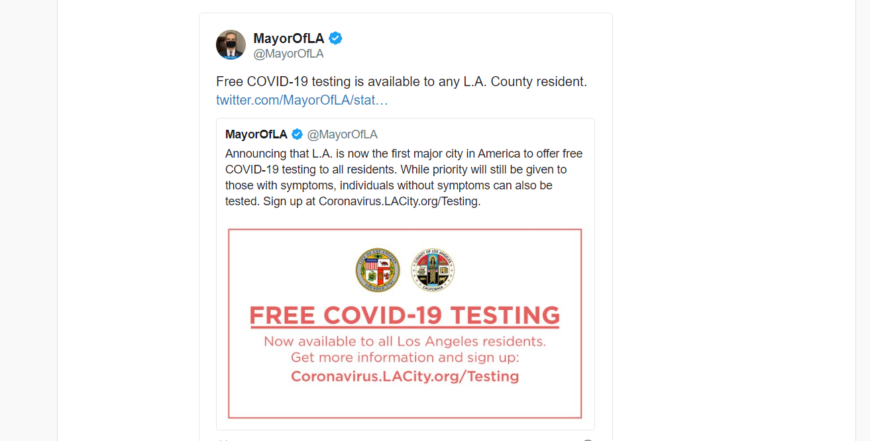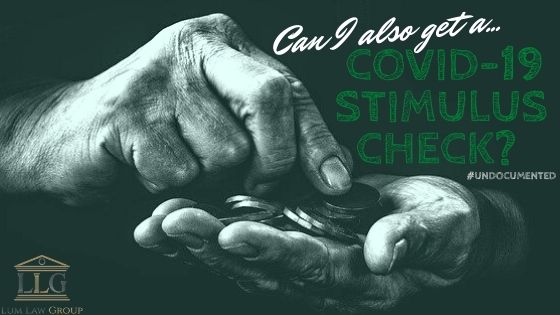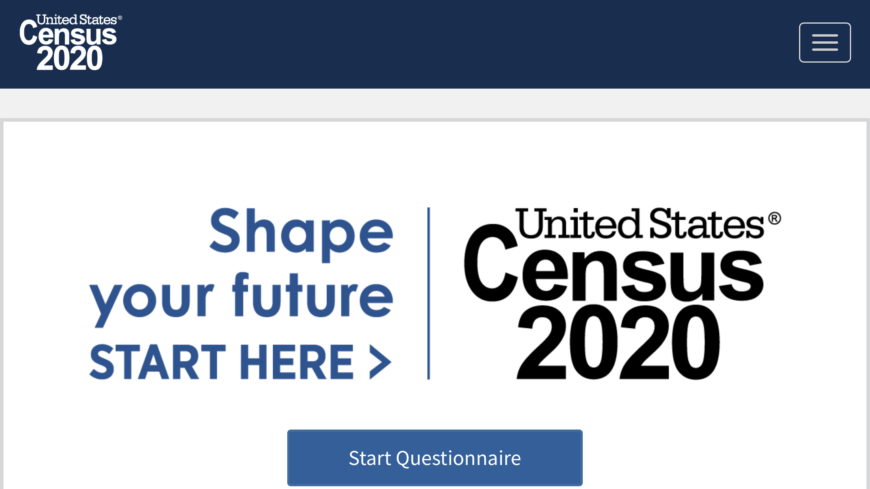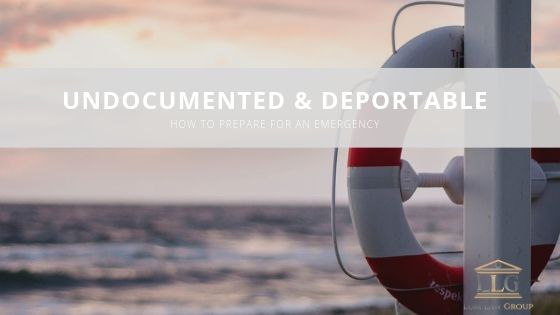Do I need proof of residence/citizenship to get tested for COVID-19?
If you think about the documents you need to obtain healthcare in the U.S., you might wonder if you need the same set of documents to get tested for the new coronavirus. Any trip to the doctor would require filling out forms, some sort of identification, and a health insurance card (if you have one). The forms will often request a social security number or other questions regarding your citizenship. As such, it’s natural to wonder what forms (if any) you would have to fill out to obtain free COVID-19 testing in Los Angeles county.
It doesn’t hurt to try. We put it to the test, and made an appointment through the local Los Angeles county website. We read the FAQs, just to be sure, and we scheduled an appointment for a drive-through appointment not too far from where we’re located in Pasadena.
To be clear, there is a requirement that you are resident of Los Angeles county for Los Angeles county testing. Each county will require an address that is within the county. Certain cities have their own tests, such as Alhambra city’s recent announcement, which would require you to be a resident of their cities.
However, you are not required to show proof that you are a resident, like an utility bill or lease.
As far as we know, all free testing sites currently require an appointment.
You fill out the form online and it requires:
- your name
- your date of birth
- your home address
- your phone number
- your email (optional for results)
Note: It asks for your email so it can provide you negative test results via email and your phone number for positive test results. If you do not have an email, either will be provided via phone.
Then, you choose a testing location closest to you. Site locations range from Los Angeles city to Long Beach to Pacoima.
Available testing dates depend on the location. For example, in San Gabriel Valley, the soonest appointment was four days away, but in Los Angeles city we were able to find a next day appointment.
After you schedule the appointment, there webpage provides a confirmation number which you should copy, print, or note down for your visit.
You will need to bring an ID to verify, but it can be a passport, or any form of identification that will allow the medical staff to ensure you are given the correct test results. Your information is kept private and is protected.
Do you have other questions about COVID-19 and your immigration status? Contact Lum Law Group today. We’re here to help!




